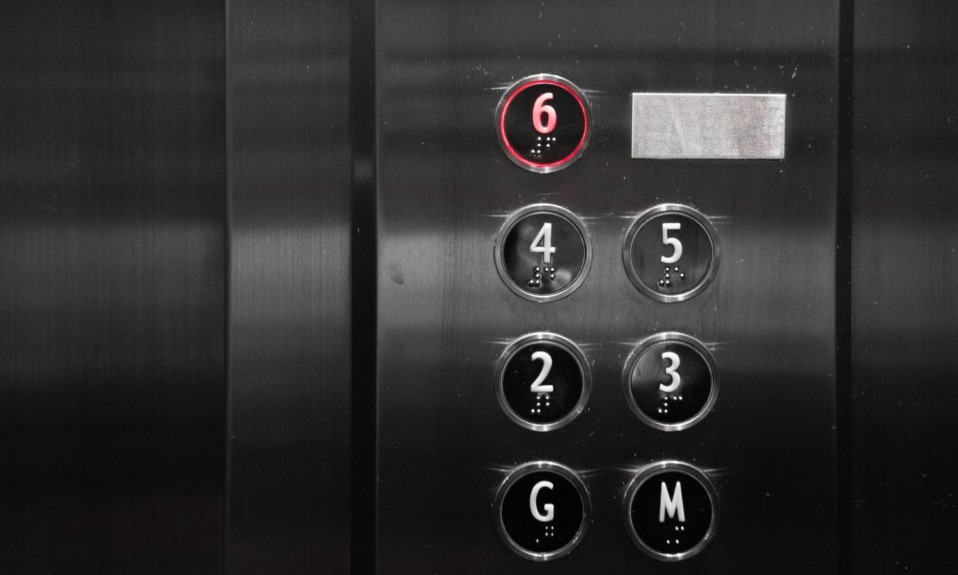The therapist can feel like they also failed. Here’s how to reframe that thought—for you and your patient
By Patrick McElwaine, Psy.D.
August 15, 2020Working with a client who has a substance use disorder can be very rewarding—and also very challenging. One of the most challenging experiences for any therapist is when your client relapses—you know, the one you’ve worked so hard to help, who’s been making so much progress lately? It can feel double devastating when that person you’ve seen go so far and accomplish so much … suddenly takes a step back.
Truth be told, it’s not surprising for a slip, lapse, reoccurrence or relapse — to name the most common terms — to happen statistically, but sometimes it can truly seem to have come out of left field, if your client had been doing well. No matter the circumstances, when your client has a relapse, we therapists can feel like we failed them. We might question our abilities as a clinician, or even go so far as to question our entire choice of career field.
The lesson for all of us therapists is to take a cue from what we could counsel our clients. Similarly to what we would say to them about their relapse, the key thing we should do is ask ourselves:
• What can I learn from this experience?
• Were there subtle clues I missed?
• Was there a pattern of thinking or behaviors that led to it?
• How can this be a teachable moment and a learning experience, not only for my client but for me as a therapist?
When a client relapses, the shame, guilt, fear, and remorse they have will most likely exacerbate symptoms of depression. They may think they will never be able to recover from this disease. The thought about giving up on treatment can be tempting when it seems like their likelihood of success is so low.
That’s why normalizing the experiences of a relapse is extremely important. Help your client to figure out how to get back on track and move forward. I, personally, do not agree that relapse is always a part of recovery, but I do believe that it happens very often, and clients—and therapists—can learn from it.
Emphasizing honesty and truthfulness in the counseling therapeutic relationship is necessary. From day one of treatment, emphasizing to clients that there would be no judgment if a relapse occurs is also important.
“Ask yourself: How can this be a teachable moment and a learning experience, not only for my client but for me as a therapist?”
Therapists need to take some steps to maintain a healthy outlook. Here are four actions that help.
Consult a Peer: Frequent, good-quality supervision and consultation with colleagues is crucial for the therapist to deal with their own thoughts and feelings regarding their client’s relapse.
Look at the Big Picture. Understanding the reality of working with clients who have substance use disorders and accepting the fact that a client can relapse can help the therapist cope with the inner turmoil that can cause self-doubt in the therapist. Re-frame this experience to help the client and other clients who have addiction concerns, and engage in trainings, workshops, and other ways to increase knowledge and skills with addiction.
Engage in Self-care Practices. Work on separating work and home life. Seeing a therapist, working out, spending time with family and friends, puzzles, movies, music, and so on help you stay healthy and fresh as a therapist and decrease the chances of burn out or compassion fatigue.
Focus on the Positive. Remind yourself of the amazing things you are doing as a counselor. When I give presentations, workshops, and speak with my students, I always tell them to hold on to letters and notes from clients expressing their appreciation. There will be times throughout your career where your client may relapse, not come back to see you for therapy, or possibly die by suicide or overdose. These events can have a negative impact on a clinician emotionally and mentally. At these times, review some of the tokens of appreciation from past clients just to remind yourself about the work that you do and the positive impact you have on your clients!
Remember that relapses are common, and good therapy is never a waste.
When your client relapses, it can seem like a huge setback and that all of your prior work was wasted. Remember that relapses are common, and good therapy is never a waste.
If therapy is like road trip, a relapse does not mean your trip is starting over from the very first mile—only now you are taking a slightly different route toward the rest of your journey.
Patrick McElwaine, Psy.D., LPC, is known as “Dr. Mac” to his clients, students, and colleagues. He has his own counseling practice, teaches counseling psychology at Holy Family University in Pennsylvania, is a faculty member at the Beck Institute, and serves on the Bucks County National Alliance on Mental Illness (NAMI) board of trustees.














